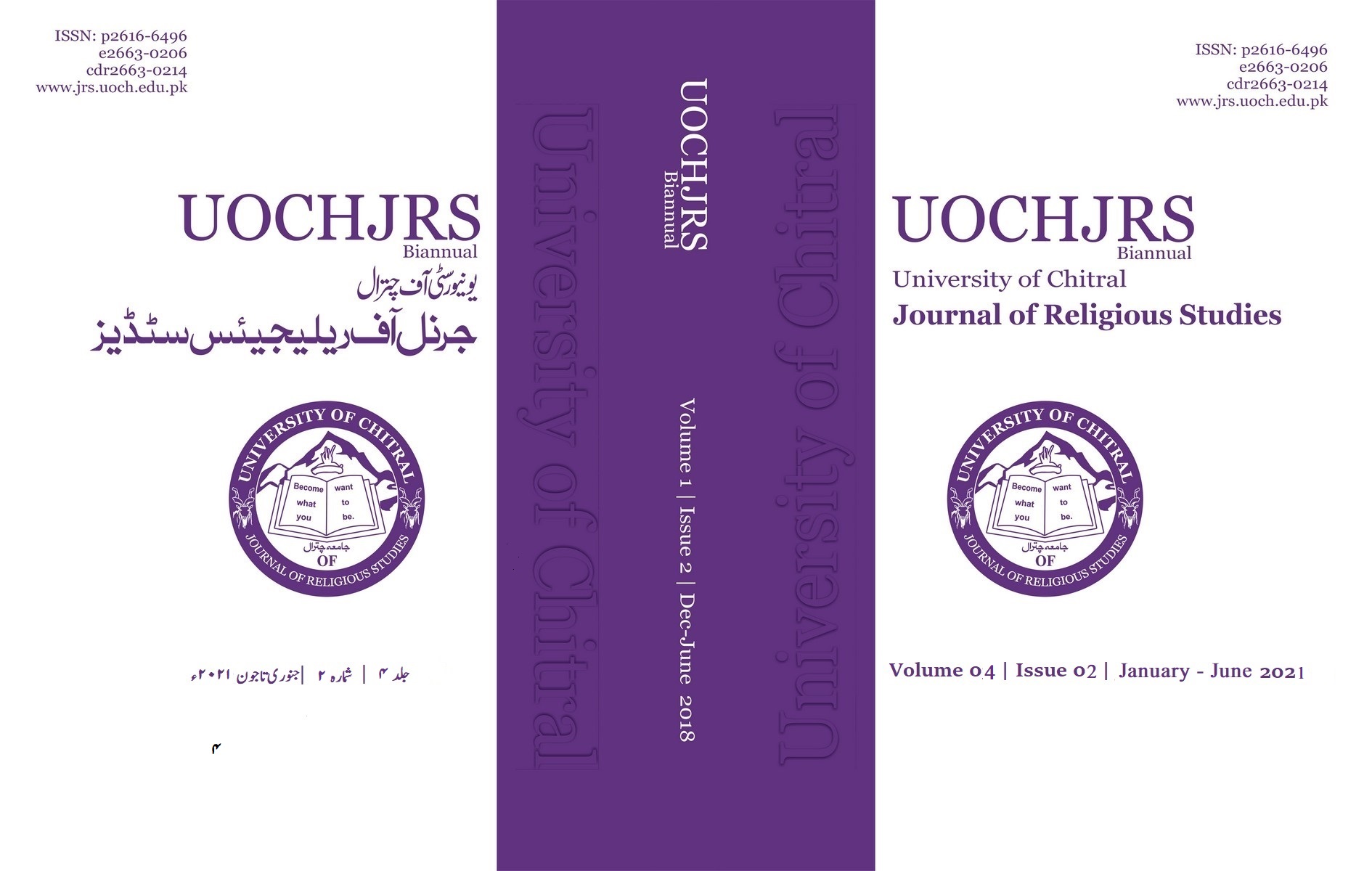True Happiness: Lessons from Al Farabi for Developing Countries
DOI:
https://doi.org/10.33195/journal.v4i02.177Keywords:
Political Institutions, Political Processes, Institutional Arrangements, Al-Fārābī, socio-political philosophiesAbstract
The present day political philosophy is mostly influenced by the theories and hypotheses about the nature of the material world developed and propagated in western intellectual corridors. The dominant role it plays has an influence on the policies governing the global affairs and pushing its enforcement on the developing world through either direct interference of strong economic institutions or the military intervention when deemed necessary. The distortion that is created in the last century has left the young researchers in the developing world to seek the local solutions with local socio-political philosophies instead of being told by the western institutions to pursue an agenda that is aligned with the structures of these institutions. This relationship has resulted in the production of research that is centered on those aspects that fall in this ambit and the creation of new knowledge seems to have halted that can actually bring sustainable solutions for developing countries. In this perspective, this study is an effort to bring the contributions of Al Farabi in light to identify the differentiating features of his philosophy that can be helpful in adjustments in the socio-political-economic philosophy of the developing world to create indigenous solutions to national problems.


